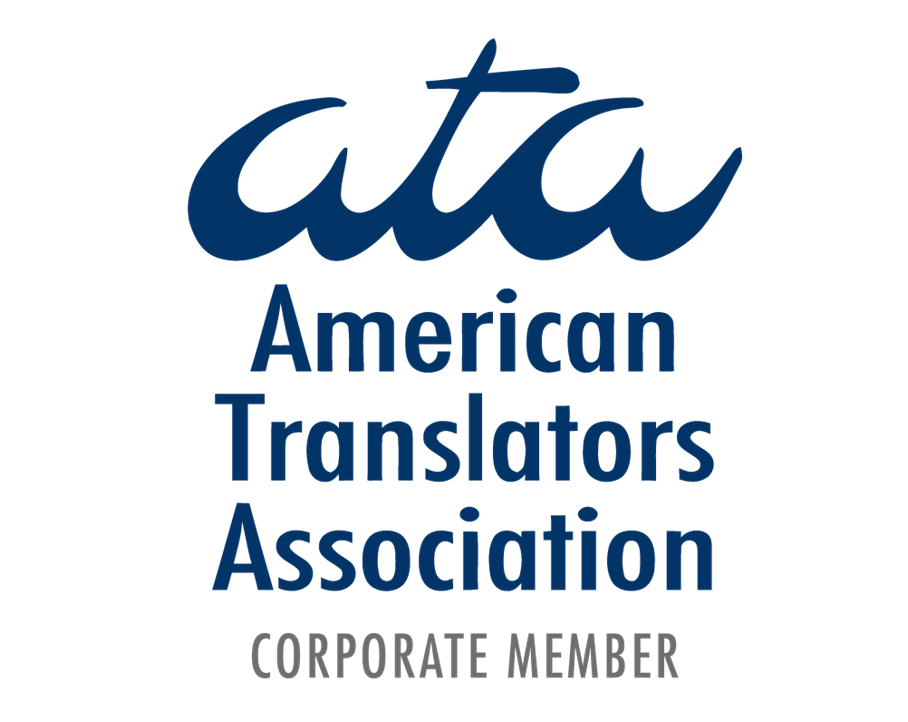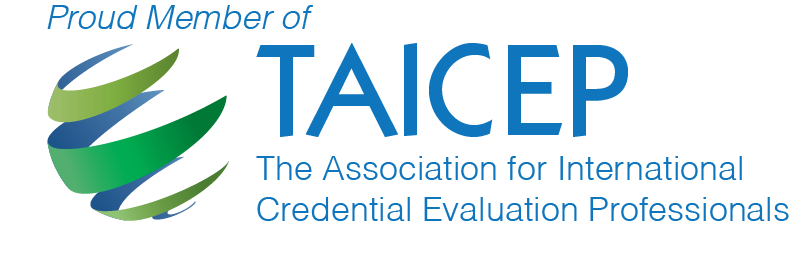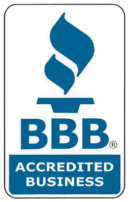Past academic equivalency evaluations are accepted regularly by the United States Citizenship and Immigration Services (USCIS) of the United States Department of Homeland Security, as well as by a wide variety of US educational institutions and employers.
We use our proprietary technology platform to deliver your superior academic evaluation in the fastest time, and at the industry’s lowest prices. We’re passionate about customer service – browse over 2,000 reviews HERE from our recent customers!
MEMBERSHIP
Validential is accredited by the Better Business Bureau and holds an A+ rating.
Our agency or employees are American Translators Association (ATA) Corporate Member 265324, an Organizational Member of The Association for International Credential Evaluation Professionals (TAICEP), an Associate Member of NAGAP, The Association for Graduate Enrollment Management, Member 155004 of the Association of International Educators (NAFSA), and a Member of the European Association for International Education (EAIE).





MISSION
Our mission is to provide our clients with superior foreign academic evaluation reports, at a great price, and with phenomenal client services and speed.
Our company crest represents our clients – educated people at the forefront of a mobile generation, willing to seek out international opportunities. We built Validential to help (in our own small way) smooth your transition to America (or Canada!) by making your foreign academic evaluation process fast, friendly, and stress free.
For any questions, please contact us toll free at 866 330 7769, or 949 333 3255.
We hope you have a great experience with our agency!
Signed,
Team Validential


